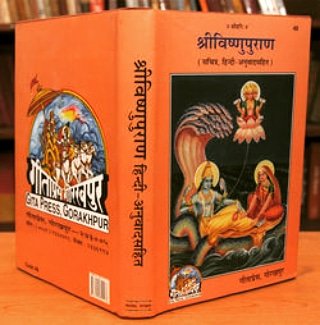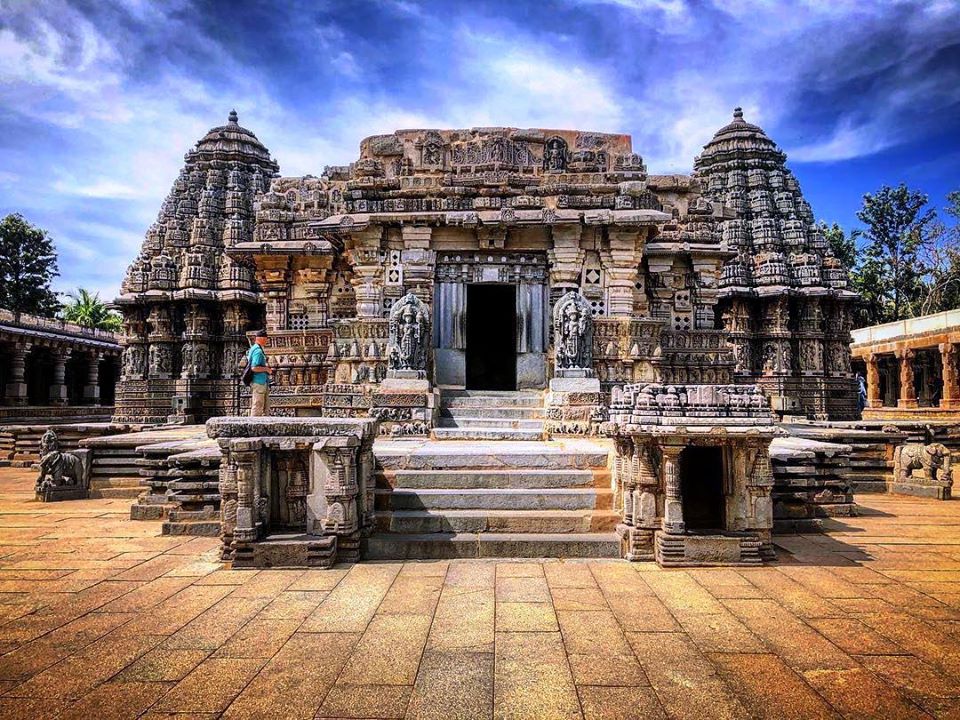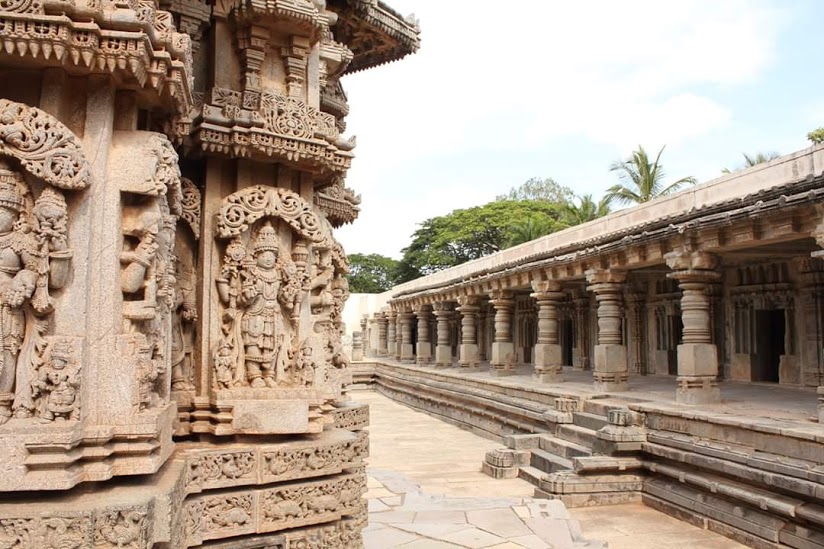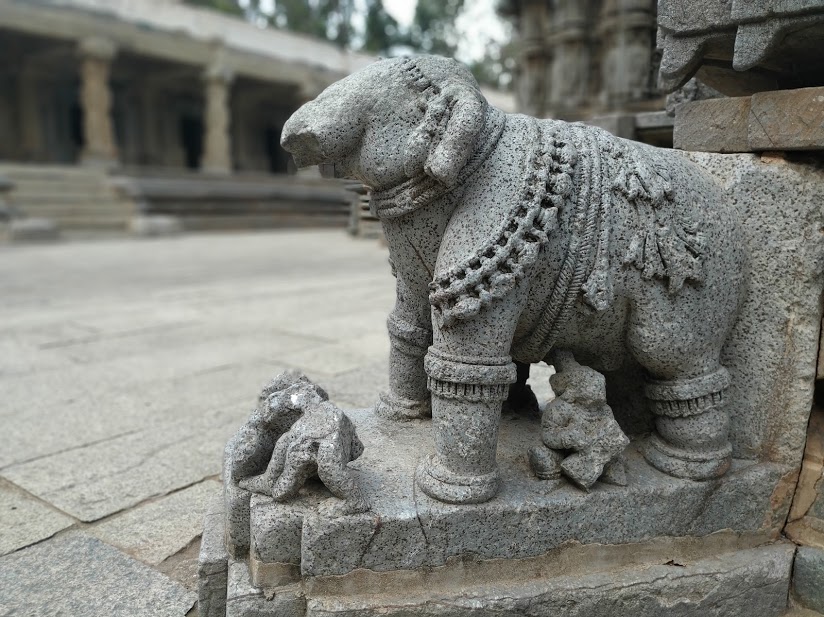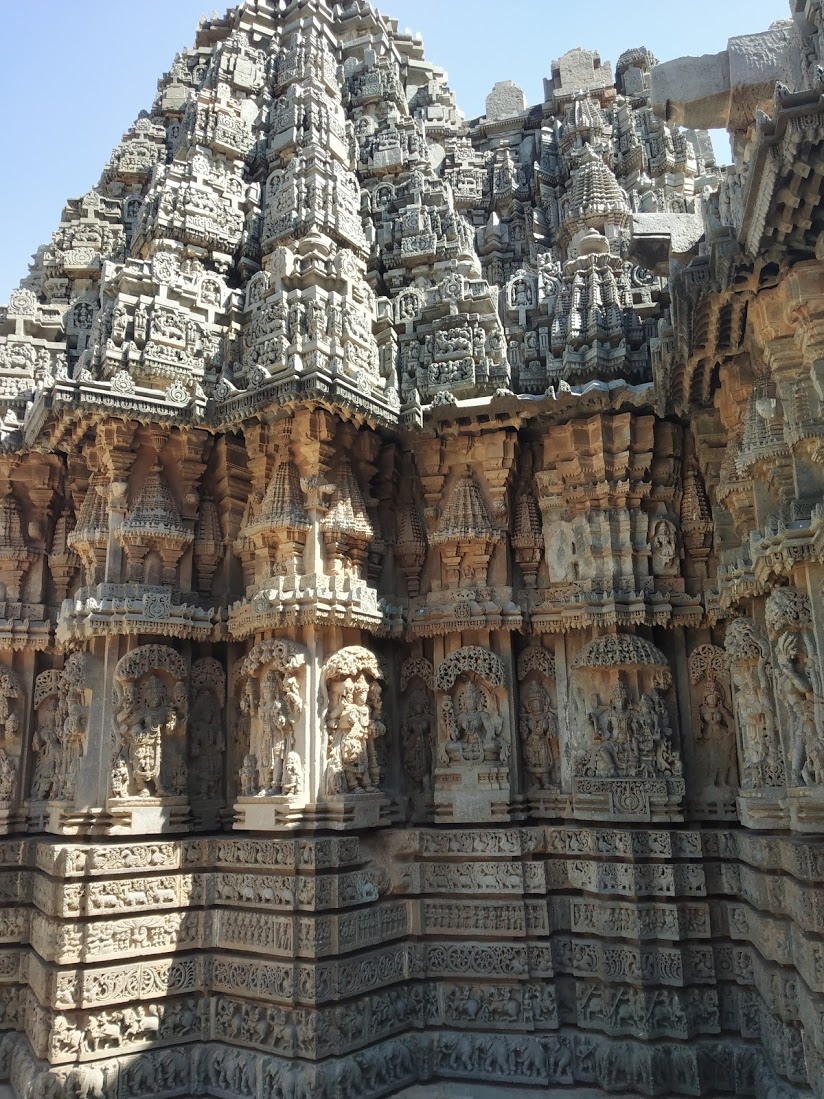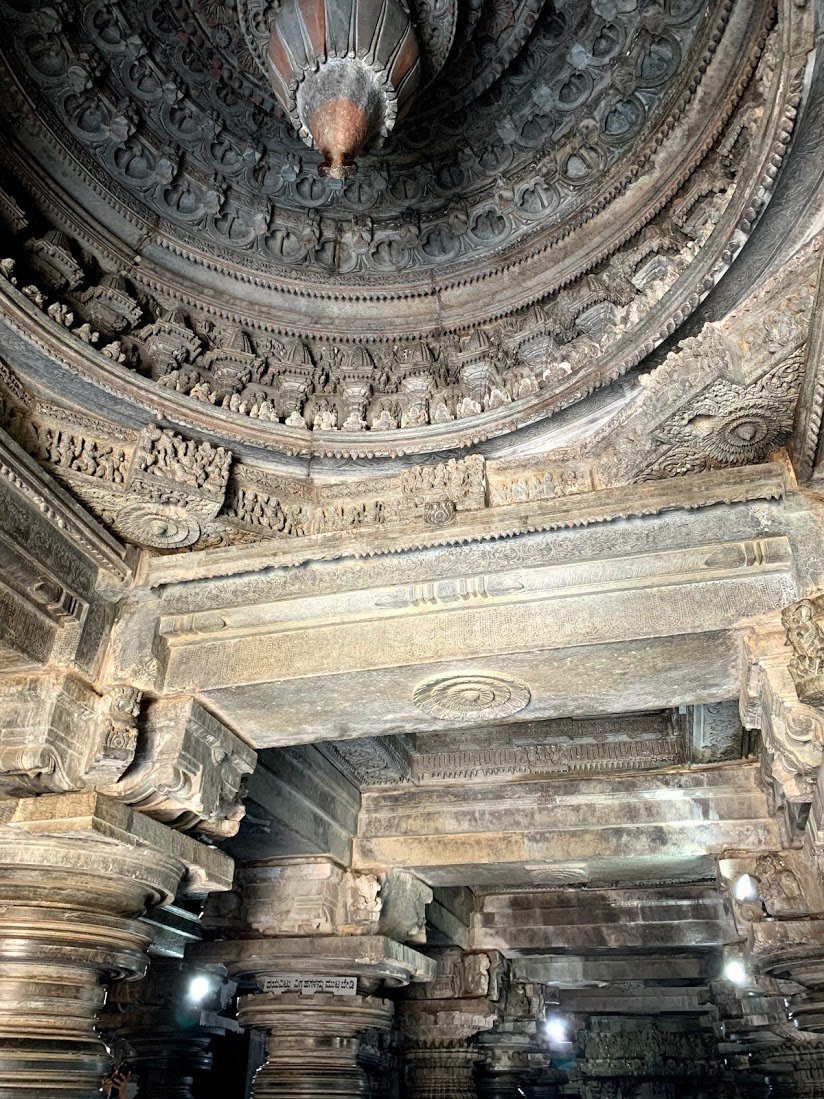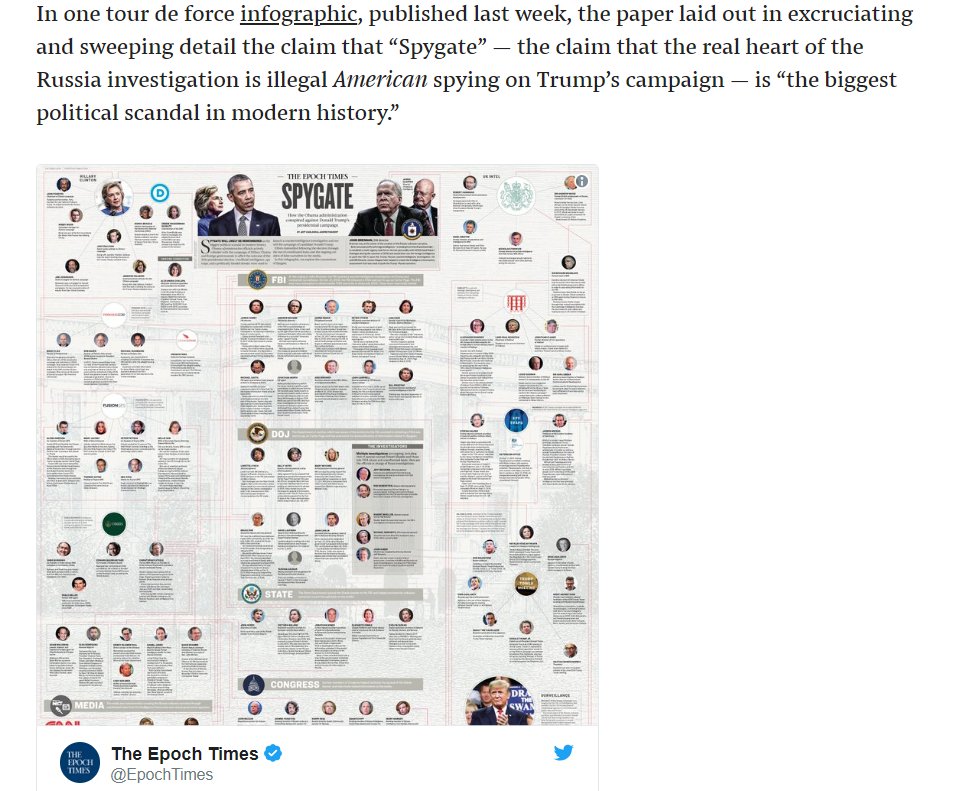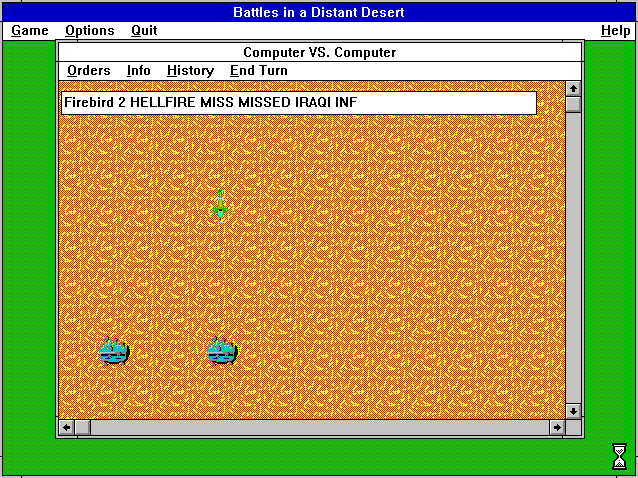This goal (the evasion of responsibility) is achieved through various tactics calculated against clarity & precision...
One defining feature of many Christian men today is the effeminate practice of covert and evasive speech.
Even worse is the fact that this manner of speaking is widely seen as the moral, "charitable," and polite manner of speech, to be praised, encouraged, & emulated.
(Thread)
This goal (the evasion of responsibility) is achieved through various tactics calculated against clarity & precision...
It is the widely accepted and prescribed method of communication for a "good Christian man."
Directness of speech, on the other hand, is considered a sign of bad manners, or even of sinfulness...
This man is seen as "arrogant," "divisive," "rude," "uncharitable," and unworthy of public engagement...
Only error can prosper in a climate of dogmatic ambiguity, and only truth can suffer as a result.
If we want true and lasting reform in the Church, this must change...
We must insist upon shining the sanitizing light of clear speech into every facet of evangelical culture...


